1. Bobby Vee
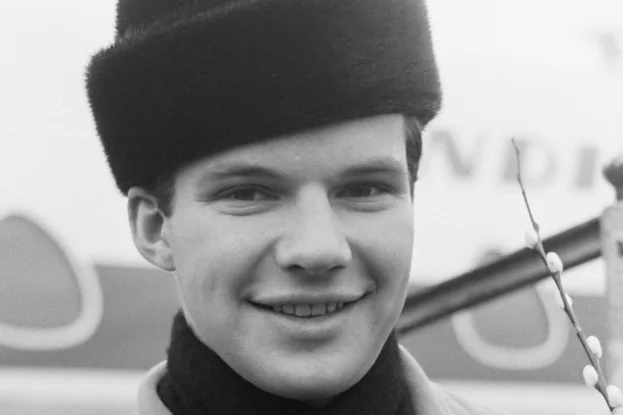
Bobby Vee became a teen idol almost by accident, stepping in to perform after Buddy Holly’s tragic plane crash in 1959. His clean-cut image and catchy hits like “Take Good Care of My Baby” made him a household name in the early ’60s. He toured constantly, filled TV screens, and recorded a steady stream of songs that kept him in the spotlight. Yet behind that success, he always seemed more grounded than many of his peers.
By the late ’70s, Vee had scaled back his music career to spend more time with his wife and four kids. He focused on family life in Minnesota, occasionally playing oldies shows but no longer chasing fame. He later faced an Alzheimer’s diagnosis, which led him to retire completely. Fans still remember him fondly, but his choice to prioritize home life over stardom left him content.
2. Marianne Faithfull
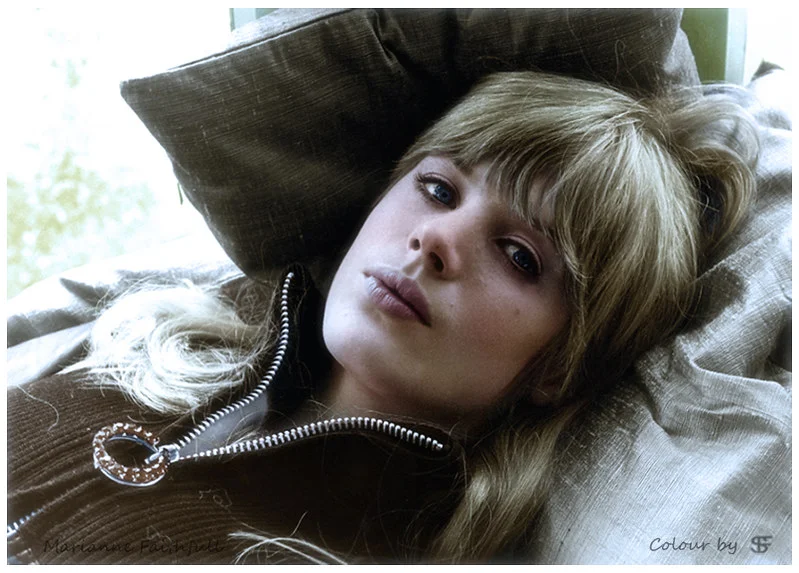
Marianne Faithfull burst onto the scene with her haunting version of “As Tears Go By,” a song given to her by The Rolling Stones. Her angelic looks and ethereal voice made her a fashion icon as well as a singer. For a while, she was everywhere, linked romantically with Mick Jagger and often photographed in the London social scene. But that kind of fame came with a heavy cost.
By the late ’60s, Faithfull’s life took a darker turn, and she withdrew from the spotlight. Struggles with addiction and homelessness replaced the glamour, and she nearly faded into obscurity. Yet in later years, she returned with a reinvented sound and a raw honesty that earned her respect as a survivor. Walking away from that early fame may have saved her, allowing her to come back on her own terms.
3. Ricky Nelson
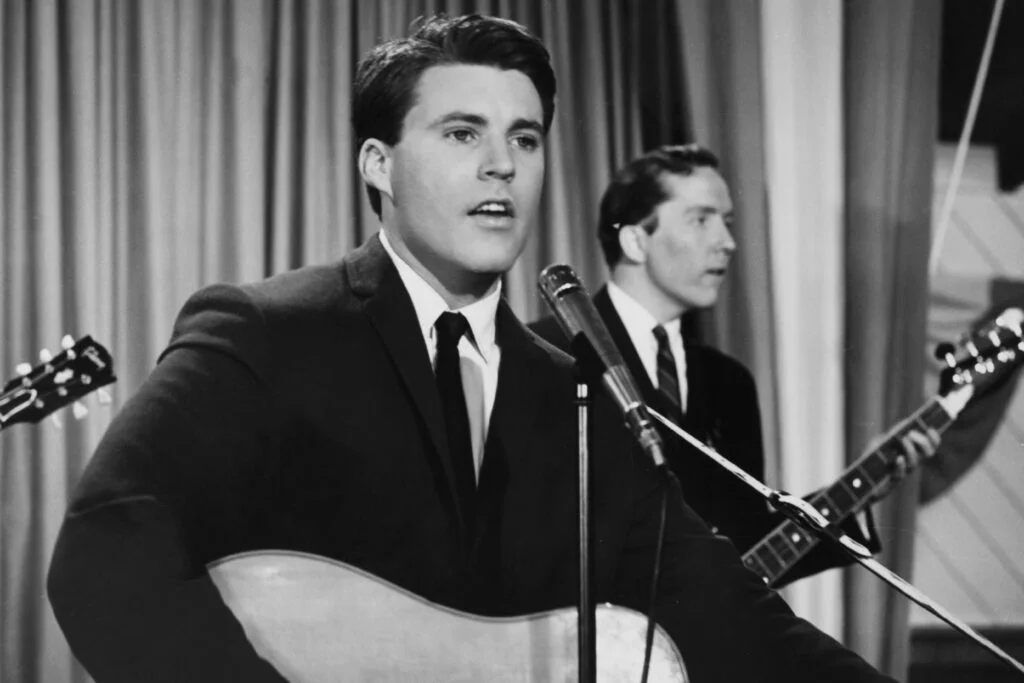
Ricky Nelson grew up in front of America on The Adventures of Ozzie and Harriet, making him one of the first true teen idols. His smooth voice and hits like “Travelin’ Man” made him a star in his own right, apart from his famous family. Fans adored him for his boy-next-door charm, and he had no shortage of screaming admirers. But Nelson was never fully comfortable with the spotlight.
By the end of the ’60s, he was increasingly frustrated with being tied to his squeaky-clean image. He tried to reinvent himself as a country-rock artist, moving away from the hit-making machine. While he still made music, he stepped off the pedestal of teen idol fame. It was a quieter life, but one he could actually control.
4. Lesley Gore
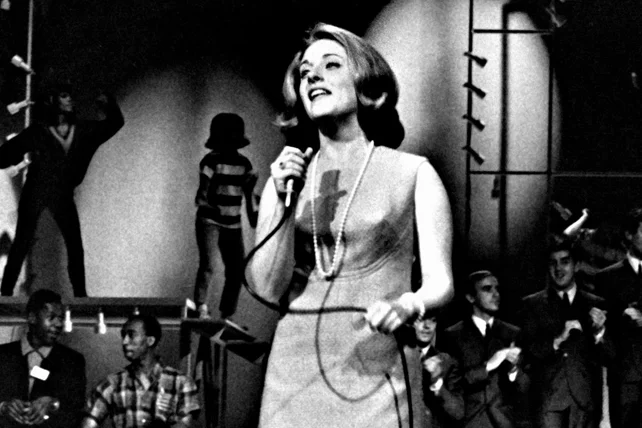
Lesley Gore’s “It’s My Party” became an anthem for teen heartbreak in 1963, launching her to instant stardom. She followed it up with “You Don’t Own Me,” a bold song that resonated with young women during the era. Gore’s voice was instantly recognizable, and her music gave her a platform as both a singer and cultural voice. But she wasn’t destined to chase pop stardom forever.
After her string of hits slowed, Gore chose to step back and focus on education and writing. She attended Sarah Lawrence College and later worked behind the scenes in music, even earning an Oscar nomination for songwriting. She would perform here and there, but she largely walked away from the exhausting pace of fame. In doing so, she crafted a quieter but deeply creative second act.
5. Chad & Jeremy
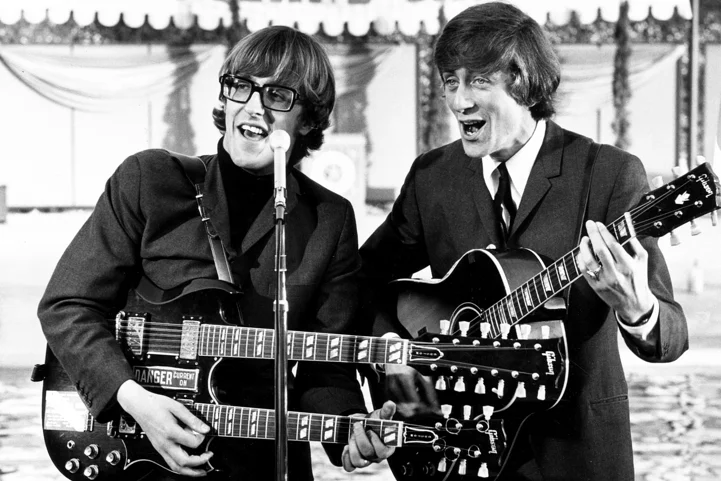
This British duo became part of the mid-’60s invasion, charming audiences with their soft harmonies on songs like “A Summer Song.” They weren’t as flashy as The Beatles, but they carved out a cozy place on American radio. Their sweet, slightly melancholy style made them favorites for movie soundtracks and TV guest spots. But their fame was surprisingly brief.
By the end of the decade, their popularity waned, and both men decided to pursue different paths. Jeremy Clyde focused on acting, while Chad Stuart stepped away from performing altogether for a time. They reunited occasionally, but neither ever chased pop stardom again. Their decision to walk away left them remembered fondly without the baggage of burnout.
6. Connie Francis
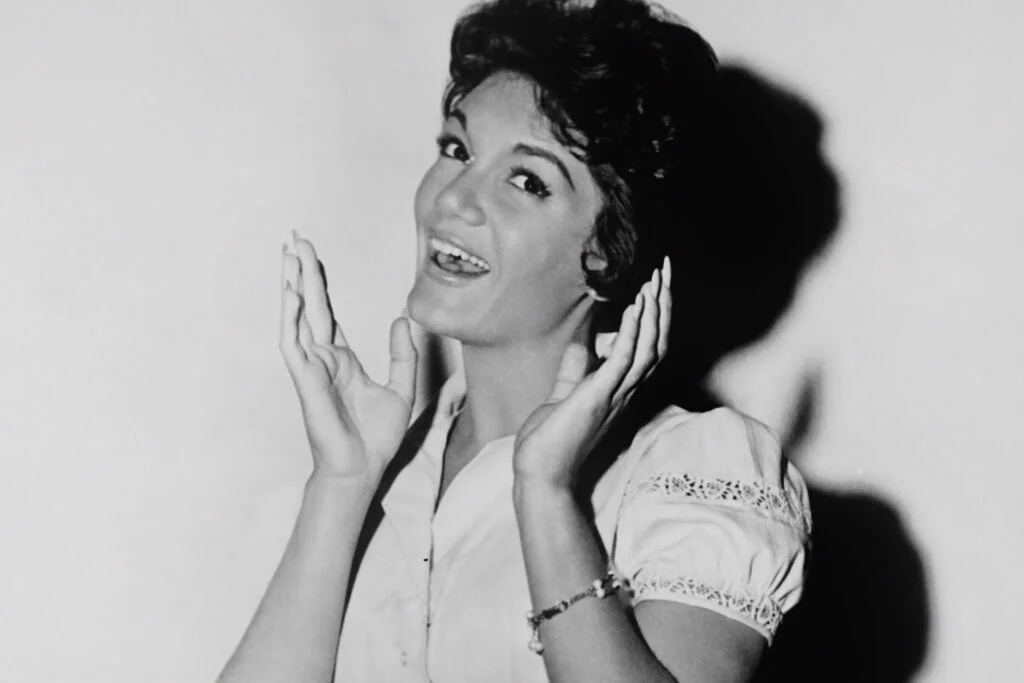
Connie Francis was one of the biggest-selling female pop singers of the late ’50s and early ’60s. Hits like “Who’s Sorry Now” and “Where the Boys Are” made her an international star. She seemed unstoppable, with a voice that carried both innocence and power. Yet her personal life was filled with heartbreak.
By the late ’60s, Francis retreated from the public eye after a series of tragedies, including a brutal assault. She focused on recovery and eventually stepped away from recording. Though she made brief comebacks, she never pursued fame in the same relentless way. Instead, she lived more privately, leaving behind a legacy of timeless songs.
7. Wayne Fontana
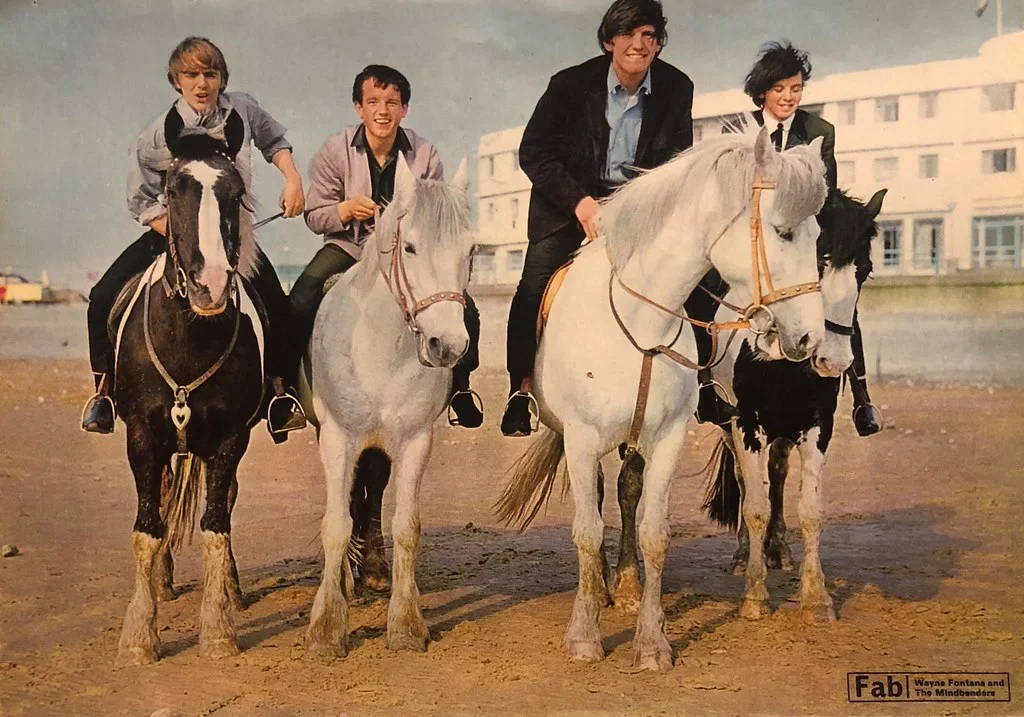
Wayne Fontana first found fame as the frontman of Wayne Fontana and the Mindbenders, with their catchy 1965 hit “Game of Love.” His youthful energy and strong stage presence made him a key part of the British Invasion, and for a while, it seemed like he was on his way to lasting stardom. After splitting from the band, he tried to launch a solo career, but the magic of his earlier success proved hard to repeat. The fame he had once enjoyed began to fade quickly.
Rather than fight to stay in the pop spotlight, Fontana chose to step away from the grind of the music business. While he occasionally performed on the oldies circuit, he never returned to the frantic pace of the ’60s. He lived more quietly, away from the constant demands of fame, and seemed comfortable letting that part of his life rest in the past. Fans still look back on his contributions fondly, especially that unforgettable early hit that made him a star.
8. Lulu
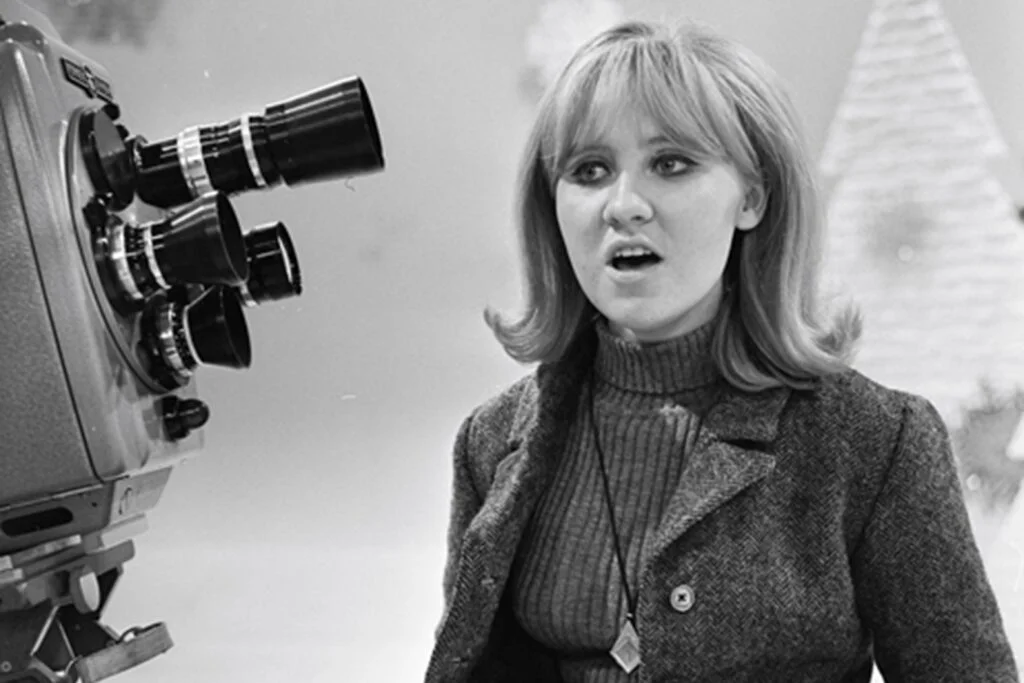
Lulu’s powerful voice made her stand out in the mid-’60s, especially with her breakout hit “To Sir With Love.” She became a TV favorite as well, adding to her fame and visibility. She was young, talented, and seemed unstoppable. But by the end of the decade, she wanted more control over her life.
Instead of chasing endless hits, Lulu stepped away to focus on her personal happiness and health. She explored acting and television, shifting away from the grueling pop star image. While she still performed on occasion, she didn’t rely on chart success to define her. It was a bold move, but it gave her a life that felt more authentic.
9. Paul Petersen
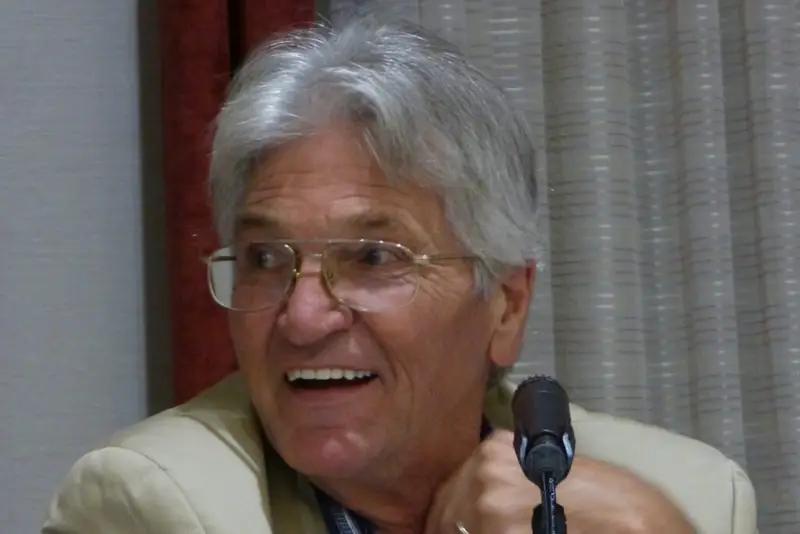
Paul Petersen first found fame as a child actor on The Donna Reed Show and soon transitioned into a teen singing career. His hits, including “My Dad,” made him popular with young audiences who adored his wholesome image. For a while, Petersen seemed to embody the perfect American teen. But inside, he was restless.
By the late ’60s, Petersen had grown weary of Hollywood and music industry pressures. He stepped away to build a more private life, eventually becoming an advocate for child actors. His decision to walk away from fame may have been one of the healthiest things he ever did. Today, he’s remembered fondly for his songs and his advocacy work rather than the trappings of stardom.
10. Brenda Lee
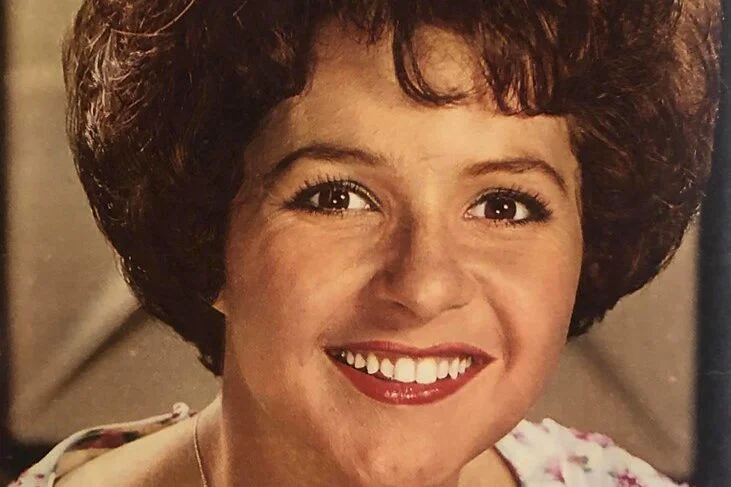
Brenda Lee was nicknamed “Little Miss Dynamite” for good reason—her powerhouse voice blew audiences away. Songs like “I’m Sorry” and “Sweet Nothin’s” were everywhere in the early ’60s. She was a chart-topping sensation despite her petite frame and young age. But that whirlwind pace wasn’t built to last.
By the late ’60s, Brenda Lee began to ease away from the pop scene. She shifted into country music for a while, but eventually focused on raising her family. Though she would perform occasionally, she no longer sought constant stardom. Her decision gave her a balance between her talent and her personal life.
11. Shelley Fabares
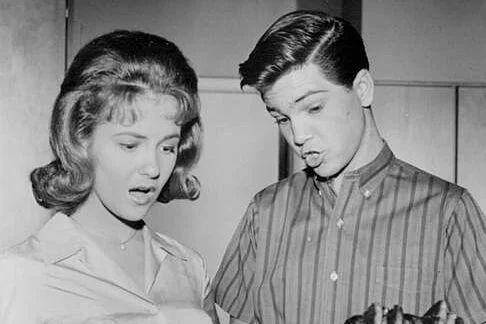
Shelley Fabares became a teen idol with her hit “Johnny Angel” in 1962. She was already known as an actress on The Donna Reed Show, but the song cemented her as a pop star. For a while, she was enjoying a dual career in music and acting. Yet her real passion was never music.
After her brief time on the charts, Fabares chose to leave behind the pop world. She focused on acting instead, carving out a long television career. She never looked back at her short-lived music fame with regret. It was simply a stepping stone on her way to something she truly loved.
12. Freddie and the Dreamers
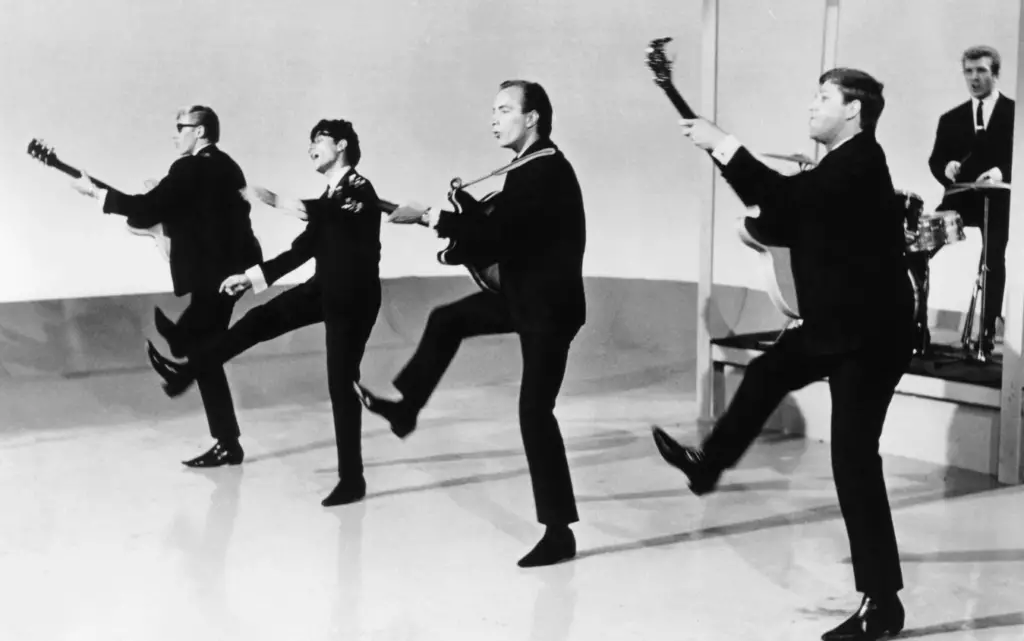
Freddie Garrity and his band brought a quirky, almost comical energy to the British Invasion. Their song “I’m Telling You Now” became a hit, and Freddie’s signature dance moves set them apart. For a moment, they were fun and fresh, offering a lighter side to the music scene. But novelty only lasts so long.
By the end of the ’60s, their fame fizzled, and Garrity chose a different path. He eventually worked outside of mainstream music, focusing on local performances and television appearances. The band never chased big-time stardom again. Instead, they enjoyed the freedom that came from stepping out of the spotlight.
13. Mary Hopkin
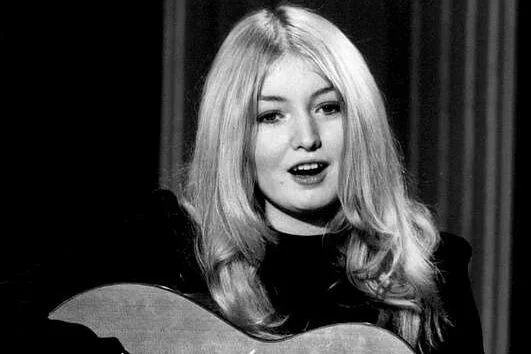
Mary Hopkin was one of the first artists signed to The Beatles’ Apple Records, and her song “Those Were the Days” was a massive hit. Her gentle voice and folk style made her a refreshing change from louder acts of the time. She had every chance to be a long-term star, but she wasn’t interested in that life. Fame, for her, was never the ultimate goal.
After just a few years in the industry, Hopkin decided to step back and focus on raising her family. She occasionally recorded music on her own terms but never returned to chasing charts or touring. By walking away, she kept her peace of mind and lived the life she wanted. Fans still treasure her songs, even if her career was short-lived.


